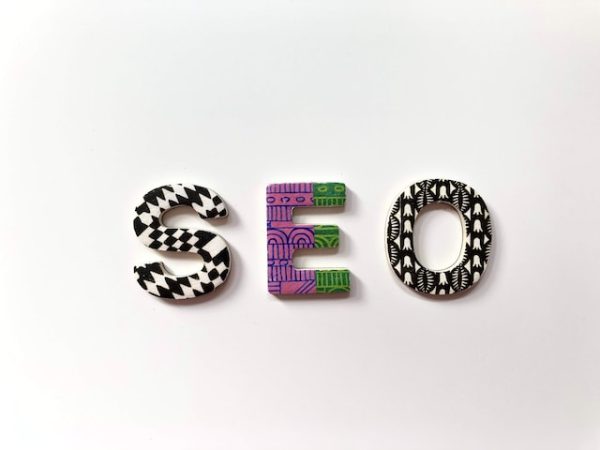
The Ultimate Guide to Search Engine Optimization (SEO). Search engine optimization (SEO) is the process of improving the ranking of a website in search engine results pages (SERPs). SEO can be done on-page, off-page, or a combination of both.
On-page SEO refers to the optimization of a website’s content, code, and structure to improve its ranking in SERPs. This includes things like using relevant keywords, writing high-quality content, and optimizing images.
Off-page SEO refers to the process of building links to a website from other websites. This can be done through guest blogging, social media, and other methods.
A combination of on-page and off-page SEO can be used to achieve the best results.
Here are some of the benefits of SEO:
- Increased website traffic: SEO can help to increase the number of visitors to a website. This can lead to more leads, sales, and customers.
- Improved brand awareness: SEO can help to improve a company’s brand awareness. When a website ranks well for relevant keywords, it is more likely to be seen by potential customers.
- Increased website authority: SEO can help to increase a website’s authority. This can make it more likely for the website to rank well for competitive keywords.
Here are some of the challenges of SEO:
- SEO is a complex and ever-changing process. It can be difficult to keep up with the latest changes and trends.
- SEO can be time-consuming and expensive. It takes time to create high-quality content and build links to a website.
- SEO is not guaranteed to work. There is no guarantee that a website will rank well for any given keyword.
Here are some of the things you can do to improve your website’s SEO:
- Use relevant keywords: When writing content, use relevant keywords throughout the text. You can use a keyword research tool to help you find the right keywords to use.
- Write high-quality content: Your content should be well-written, informative, and engaging. It should be relevant to your target audience and answer their questions.
- Optimize images: Images can help to improve your website’s SEO. Make sure to use descriptive alt text for your images and optimize them for search engines.
- Build links to your website: Building links to your website from other websites is one of the most important aspects of SEO. You can build links through guest blogging, social media, and other methods.
Here are some of the tools you can use for SEO:
- Google Search Console: Google Search Console is a free tool that helps you track your website’s performance in Google Search.
- SEMrush: SEMrush is a paid tool that offers a variety of SEO features, including keyword research, competitive analysis, and link building.
- Moz: Moz is another paid tool that offers a variety of SEO features, including keyword research, site audits, and link building.
Here are some of the resources you can use to learn more about SEO:
- The Moz Blog: The Moz Blog is a great resource for learning about SEO. They post new articles on a variety of SEO topics every day.
- The Search Engine Journal: The Search Engine Journal is another great resource for learning about SEO. They post new articles on a variety of SEO topics every day.
- The HubSpot Blog: The HubSpot Blog is a great resource for learning about SEO. They post new articles on a variety of SEO topics every week.
SEO is a complex and ever-changing process, but it can be a valuable tool for businesses of all sizes. By following the tips in this guide, you can improve your website’s SEO and attract more visitors.
Read More :





